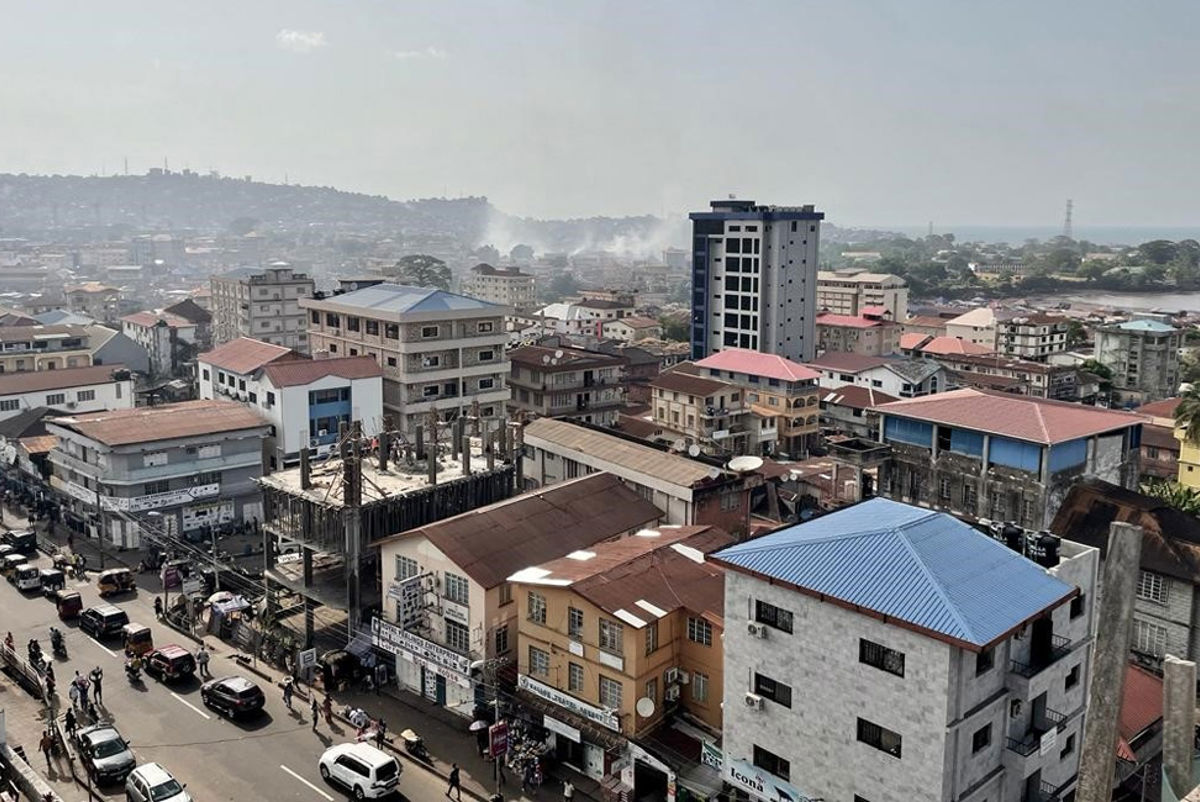Policy and regulation

Construction legislation and regulations play a crucial role in ensuring the safety, quality, and sustainability of buildings and infrastructure. By staying up-to-date, incorporating best practices, and reflecting local construction methods, these regulations enhance public safety and reduce risks. We work to strengthen regulatory environments at country and city levels, promoting sustainable development and a just transition to a low-carbon economy.
We focus on three main areas to support the strengthening of regulatory systems to achieve this aim, which include: diagnostics and capacity assessments, formulation of construction industry legislation and building codes and regulations, and finally, supporting the implementation of regulatory systems.
Assessments of regulatory and enabling environments
We undertake diagnostic or capacity assessments to understand the strengths and weaknesses of the holistic construction environment. We consider the capability and capacity within key areas of the enabling environment, such as investment and business, legal and regulatory, education and training, and people and organisations. We benchmark the current practice against international and regional good practice, to identify opportunities and challenges for improvement that are appropriate to the context.
When creating focused recommendations to tackle these opportunities and challenges, we create plans with prioritised actions, and build feedback mechanisms for ongoing learning and improvement. We also work on strengthening the skills of organisations and individual practitioners.
Construction legislation and building codes
As internationally recognised technical experts in the built environment, we regularly advise governments on the development of policy, legislation, and regulations. We provide support to governments by providing advisory services on regulatory strategy, facilitating discussions with key stakeholders on code development and providing technical expertise and support to national experts in developing regulations.
We also develop regulatory documents. We have the capability to either write or review key documents such as building codes, regulations, and guidelines. We can also support on developing technical requirements such as defining key parameters for design such as wind, seismic or other hazard loading, or appropriate material parameters.
Throughout these activities, we seek to build local capacity for effective implementation and maintenance of the policy, legislation, or regulation.
Implementing building regulations
We work with our clients and partners by developing tools, frameworks and guidance that facilitates effective roll-out of regulations. We review and make recommendations on key implementation processes, such as building control and approval processes as well as quality control and assurance throughout the implementation of infrastructure. We have supported governments through the process of code review and maintenance to ensure building codes or other regulations remain up to date and effective.
The Dominican Republic is one of the ten most vulnerable countries to climate change. It is prone to a variety of natural disasters including hurricanes, earthquake, floods, tropical storms, droughts and landslides, which affect human settlements, productive activities, drinking water, energy generation and tourism. Global climate change symptoms, such as sea level rise, warmer weather, and more frequent flooding, are worsening the situation and can severely impact development prospects in the Dominican Republic.
We worked with national ministries and key stakeholders in the Dominican Republic to assess and map resilience and the impact of climate change at country-level. The assessment supported the development of a resilience-building strategy and climate action plan, guided through a set of spatial and sectoral adaptation interventions and priority projects.
We developed a spatial analysis and planning methodology to assess the resilience and predicted impact of climate change in SIDS. The findings enabled decision-makers and planners in SIDS to make long-term decisions regarding land-use governance and sectoral investments.
Get in touch with our team
International development
We offer a comprehensive array of international development services, reflecting the full breadth of Arup's technical and consultancy expertise.

